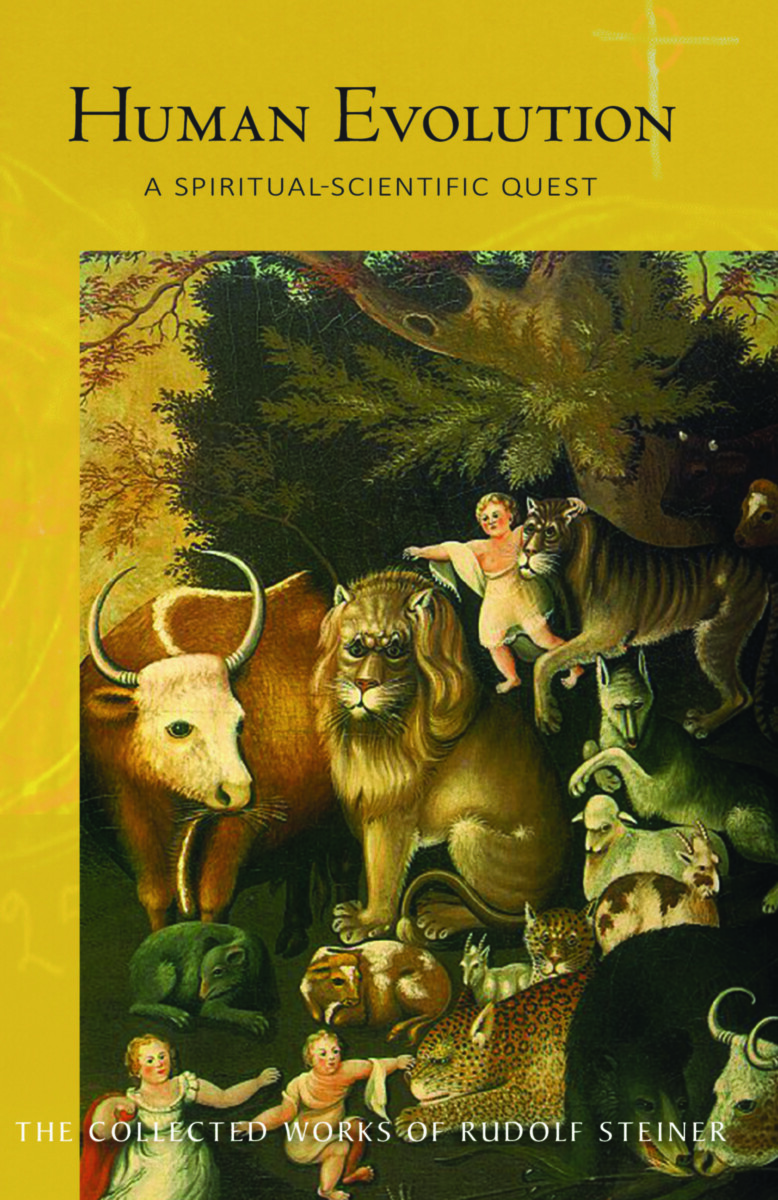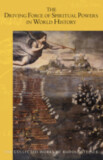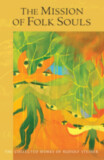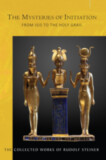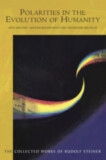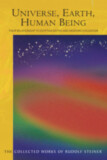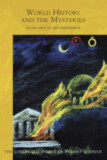Human Evolution
A Spiritual–Scientific Quest (CW 183)
- Publisher
Rudolf Steiner Press - Published
16th January 2015 - ISBN 9781855844056
- Language English
- Pages 224 pp.
- Size 6" x 9"
9 lectures, Dornach, August 17–September 2, 1918 (CW 183)
“Anyone who takes hold of what we call Spiritual Science, not with purely abstract thoughts but with one’s whole being, will see that this Spiritual Science goes right into the dexterity of the hands, that it makes a person more capable and enables one to extend one’s interest over wider areas and the will over a wider world.” — Rudolf Steiner
Returning from travels in war-torn Europe, Rudolf Steiner gives a stark impression of the disastrous conditions of the time, encouraging deeper esoteric work as a counter to the world situation. Speaking under the broad theme of human development in the light of Anthroposophy, he analyzes the gulf between contemporary culture and science—which he says are characterized by “narrow-mindedness, ignorance and ineptitude”—and a scientific approach to the spirit. Steiner is clear about the shortcomings of his followers, mentioning past failures and a continuing tendency toward sectarianism and dogmatic judgments.
Steiner also discusses how we experience a state of separation from the world through our physical form, whereas our aura—or soul-spiritual being—is already living actively in cosmic surroundings. Consciously crossing of the threshold into the spiritual world is urgent and needed today, although Steiner warns of the dangers inherent in certain Eastern and Western approaches. The tendency of initiates of the East is to abandon the human race, while the American impulse has become too immersed in physical, bodily nature. Moreover, a potential demonic influence works through technology. However, a spiritual-scientific path of knowledge and development can allow us to navigate through these challenges.
Other themes featured include the ancient threefold Sun Mystery; the Mystery of Jesus Christ and the threefold human being; the human limbs as thoughts of the higher hierarchies; the loss of the old mysteries’ spiritual knowledge; the gulf between idealism and realism; the formation of language from cosmic intelligence; the Pythagorean school and the deceptive nature of the world at that time; the disintegration of words after death; the twelve senses; the spiritual impact of older people’s death on the physical Earth; and the impulse of socialism.
The wealth of spiritual thoughts and knowledge presented in these lectures remain as relevant today as they were when they were first delivered.
This volume is a translation from German of Die Wissenschaft vom Werden des Menschen (GA 183)
C O N T E N T S:
Introduction by Simon Blaxland-de Lange
1. The Three basic Evils of Present-day Human Culture
2. The Human Aura: Memory and Love
3. The Aims of the Initiates of the East, of the West, and of Jesuitism
4. The Threefold Sun Mystery of Ancient Times
5. The Nature of Threefold Man
6. The Human Soul in Relation to the Soul World
7. The Gulf between Idealism and Realism
8. The Pythagorean School and the Mendacity of the World at that Time
9. Time and Space
Notes
Rudolf Steiner
Rudolf Steiner (b. Rudolf Joseph Lorenz Steiner, 1861–1925) was born in the small village of Kraljevec, Austro-Hungarian Empire (now in Croatia), where he grew up. As a young man, he lived in Weimar and Berlin, where he became a well-published scientific, literary, and philosophical scholar, known especially for his work with Goethe’s scientific writings. Steiner termed his spiritual philosophy anthroposophy, meaning “wisdom of the human being.” As an exceptionally developed seer, he based his work on direct knowledge and perception of spiritual dimensions. He initiated a modern, universal “spiritual science” that is accessible to anyone willing to exercise clear and unbiased thinking. From his spiritual investigations, Steiner provided suggestions for the renewal of numerous activities, including education (general and for special needs), agriculture, medicine, economics, architecture, science, philosophy, Christianity, and the arts. There are currently thousands of schools, clinics, farms, and initiatives in other fields that involve practical work based on the principles Steiner developed. His many published works feature his research into the spiritual nature of human beings, the evolution of the world and humanity, and methods for personal development. He wrote some thirty books and delivered more than six thousand lectures throughout much of Europe. In 1924, Steiner founded the General Anthroposophical Society, which today has branches around the world.


